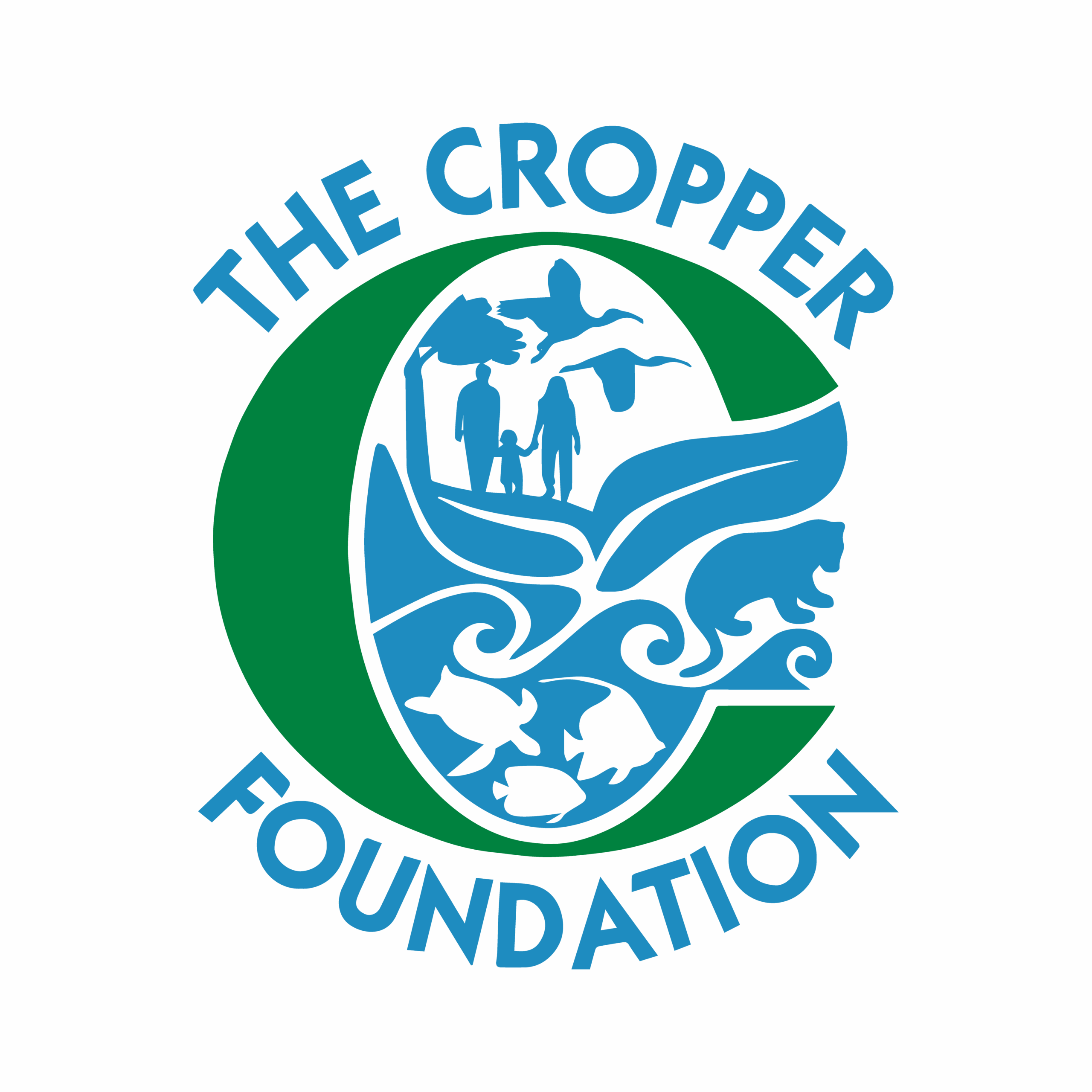In 2024–2025, civil society in Trinidad and Tobago navigated a challenging but active
landscape shaped by rising crime, economic strain, and political transition. A record 623
homicides triggered a nationwide state of emergency, sparking civil liberties concerns. Yet
fundamental freedoms, particularly of expression, association, and peaceful assembly, were
largely upheld, and civil society remained a key actor in protests and policy discussions.
NGOs played a central role in shaping initiatives like the Women, Peace and Security National
Action Plan and consultations on the Escazú Agreement. However, inconsistent government
engagement and politicised processes, such as the constitutional reform initiative, highlighted
the need for more inclusive, CSO-led approaches.
Legal reforms progressed unevenly. While updates to the Data Protection Act and Cybercrime
Bill signalled steps forward, the 2025 reinstatement of laws criminalising same-sex relations
marked a serious rights setback. The Non-Profit Organisations Act, while aiming to strengthen
accountability, introduced complex compliance burdens, particularly for smaller groups.
Banking “de-risking” and rising inflation further strained NGO operations.
Public discourse toward civil society remained largely respectful, though issues like LGBTQI+
rights and migration exposed deep societal divides. The digital environment remains open,
but under-resourced in privacy protections. Amid these dynamics, civil society continues to
push for a more rights-based and participatory democracy.
Network Member:
The Cropper Foundation
